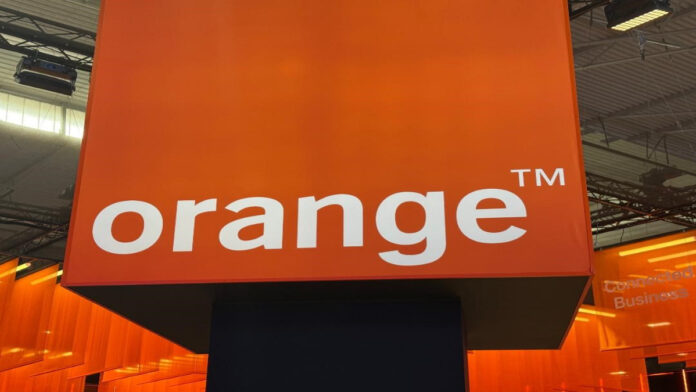The open-weight nature of these models allows Orange to host and run them entirely within its infrastructure, spanning large-scale data centers in France as well as smaller edge and on-premises environments
In sum – what to know:
Orange deploys OpenAI’s models in-house – GPT-oss models run entirely on Orange infrastructure, ensuring data control across its 26-country footprint.
Customized, efficient AI for operations – Orange engineers adapt models for customer support, networks, and enterprises, reducing compute and energy use.
African language inclusion prioritized – Orange will fine-tune models for local languages and release versions for public sector use.
Telecom operator Orange has announced an expanded collaboration with U.S. artificial intelligence (AI) company OpenAI to deploy new open-weight language models — gpt-oss-120b and gpt-oss-20b — within its own trusted infrastructure.
In a release, the French telecom group claimed to be among the first organizations worldwide to integrate these language models, marking a significant step in the effort to apply AI systems in ways that align with national data governance standards and responsible deployment practices.
The open-weight nature of these models allows the French company to host and run them entirely within its infrastructure, spanning large-scale data centers in France as well as smaller edge and on-premises environments. This flexibility also ensures compliance with regulatory frameworks across the company’s 26-country footprint in Europe, the Middle East, and Africa, while also enabling localized control over data, model behavior, and energy consumption, Orange said
Orange’s internal AI engineering teams are currently customizing these models for specific applications across its operations. These include tailored sub-models for customer service, network management, and enterprise solutions. With this approach, Orange can reduce compute requirements while maintaining performance — a key element in the group’s ongoing focus on energy-efficient and sustainable AI development.
The partnership builds on Orange’s broader “Responsible AI” framework, which prioritizes deploying the “right model for the right problem.” According to the company, the gpt-oss models align well with this approach by supporting high-accuracy performance while allowing fine-tuned control over energy use, training data, and deployment environments.
The French telecommunications company is also leveraging the partnership to accelerate digital inclusion efforts in Africa. The operator is working to adapt the models to support local languages spoken across its 18-country African footprint, enabling customer-facing tools like chatbots and voice assistants to function in native tongues. Orange intends to make some of these models available in open source to regional governments for use in public services.
In the field of network operations, the telco is developing AI tools to support diagnostics, automation, and performance optimization. Because the models run on infrastructure controlled by the French operator, they can be applied to sensitive use cases like network data analysis while maintaining data sovereignty, the telco said.
Finally, the models will also support Orange’s enterprise portfolio. By offering clients AI solutions based on these open models — such as custom chatbots or voice recognition systems — the European company aims to meet growing demand for flexible, secure AI tools tailored to specific industries and regulatory environments.
“This collaboration with OpenAI is foundational to our strategy of using state-of-the-art AI models that are both trusted and responsible,” said Steve Jarrett, chief AI officer at Orange. “This strategy drives new use cases to address sensitive enterprise needs, help manage our networks, enable innovating customer care solutions including African regional languages, and much more.”
Brad Lightcap, chief operating officer at OpenAI, said: “Our ongoing work with Orange shows how forward-thinking businesses can use our open models to solve real-world problems — from boosting network efficiency to improving African language support, they are delivering meaningful benefits directly to their customers.”

